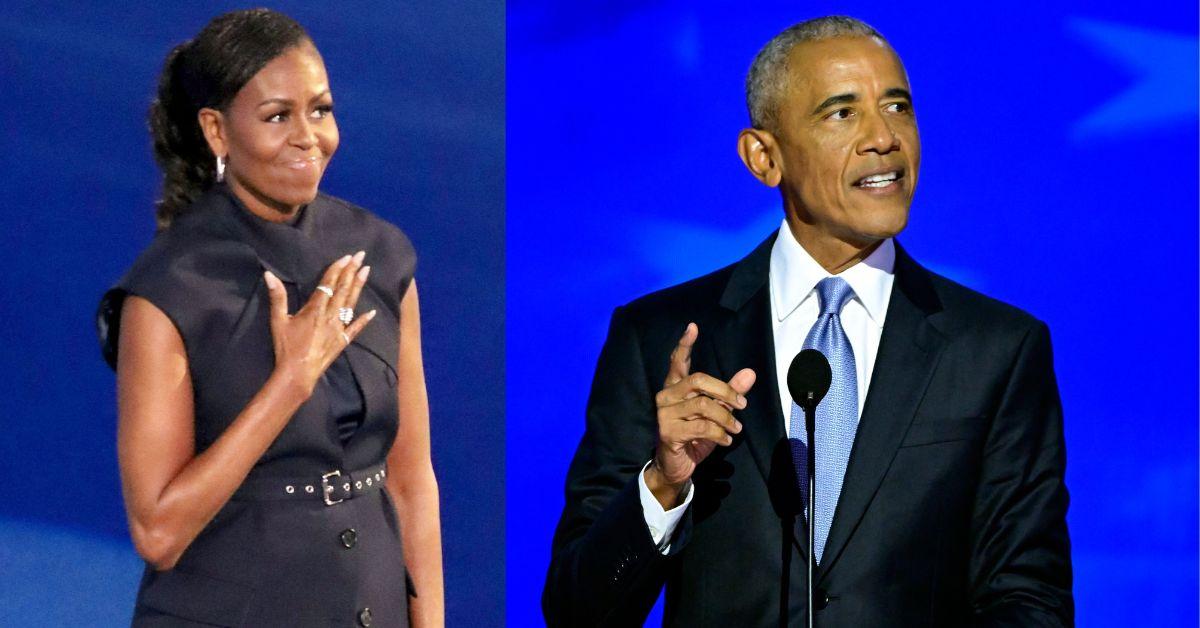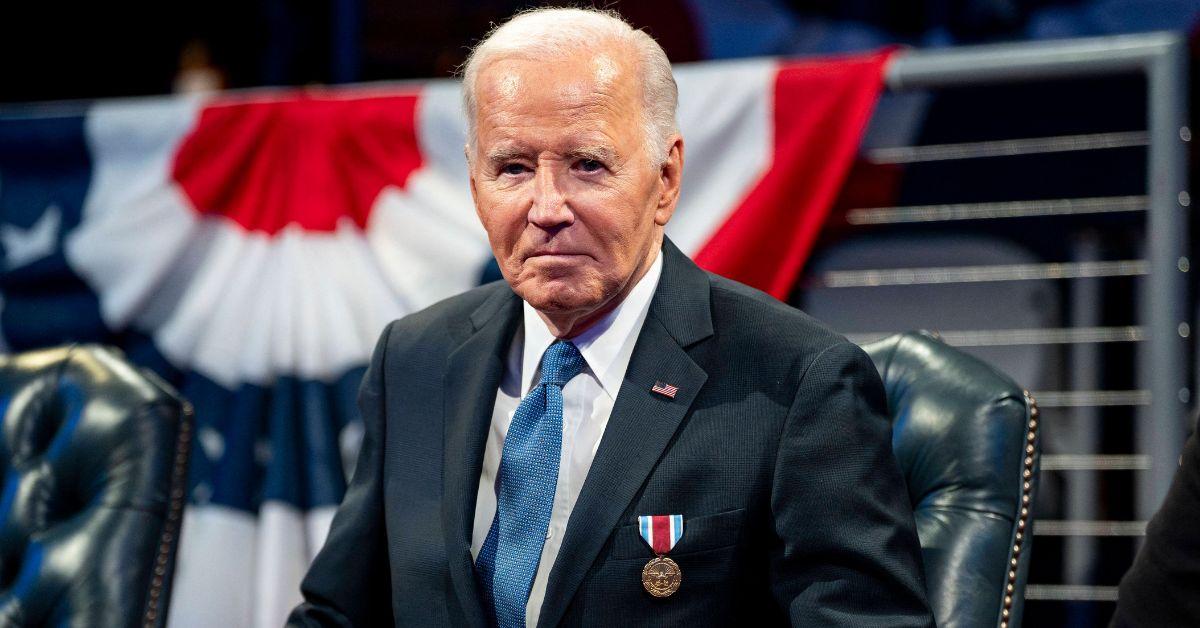Donald Trump's White House Was 'Awash in Speed' and Other Prescription Drugs — Including Modafinil and Xanax: Report
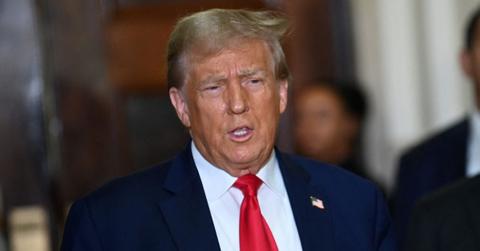
Donald Trump’s White House was reportedly “awash in speed” and other prescription drugs that included the stimulant modafinil and the antidepressant Xanax.
March 4 2024, Published 8:05 a.m. ET
Donald Trump’s White House was reportedly “awash in speed” and other prescription drugs that included the stimulant modafinil and the antidepressant Xanax, RadarOnline.com has learned.
In a surprising development to come as the former president vies for another term in office, the Defense Department's inspector general unveiled a report in January that detailed the distribution of controlled substances by the White House Medical Unit during Trump’s administration.
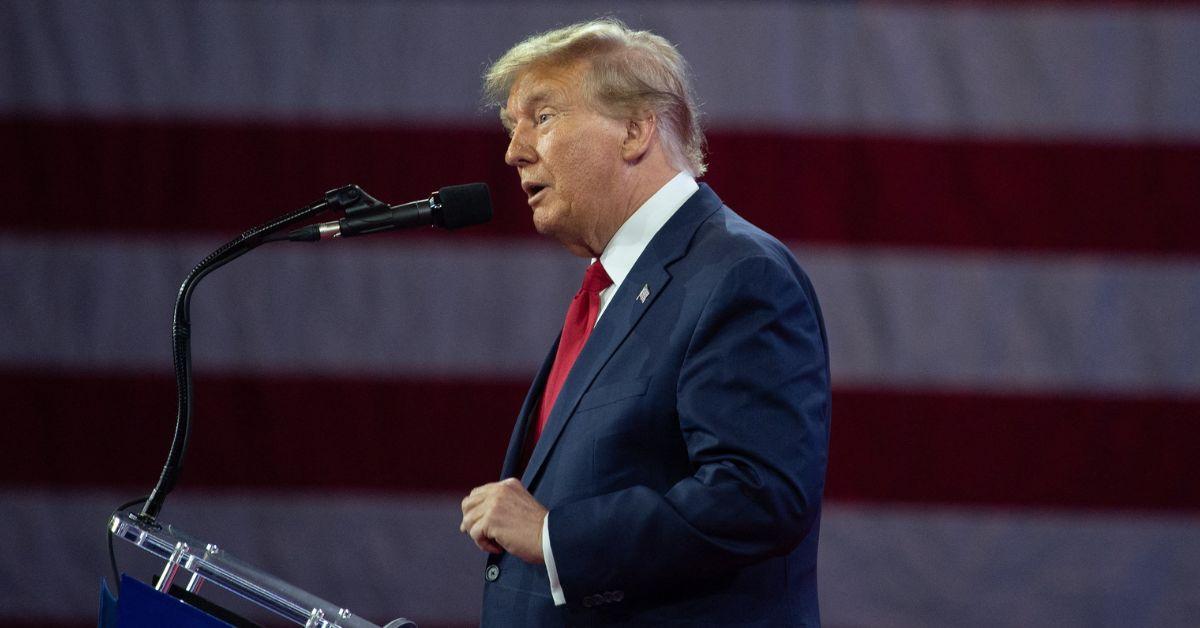
The Defense Department unveiled a report in January that detailed the distribution of controlled substances by the White House Medical Unit.
The report highlighted significant deficiencies in oversight and record-keeping practices, including how the unit had ordered substantial quantities of modafinil – a medication long utilized by military personnel to maintain alertness during extended missions.
While the report did not specify the reasons behind the distribution of such large quantities of modafinil, it shed light on a common practice within the Trump White House.
According to interviews with former senior administration officials and other Trump insiders, modafinil was routinely dispensed to staffers seeking an energy boost or assistance in coping with the demanding nature of their roles.
“It was kind of like the Wild West. Things were pretty loose,” one insider told Rolling Stone over the weekend. “Whatever someone needs, we were going to fill this.”
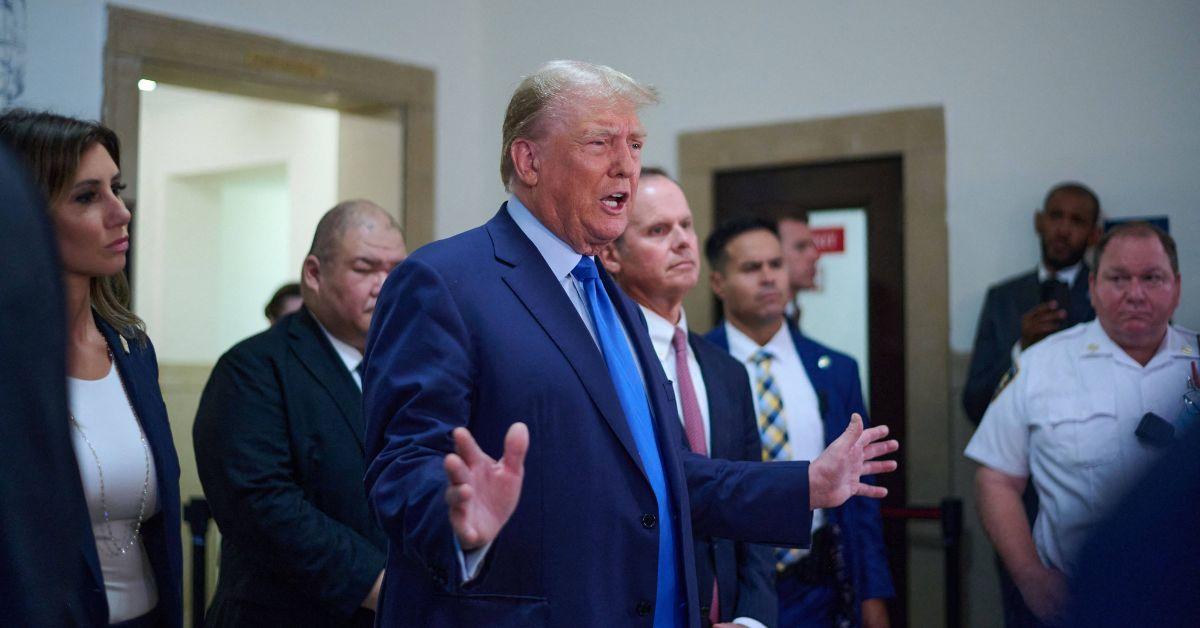
“It was kind of like the Wild West. Things were pretty loose."
The prevalent use of modafinil also reportedly earned the White House the moniker of being "awash in speed."
Even more surprising was the revelation that modafinil was not the only controlled substance readily available to Trump officials.
Additional sources indicated that Xanax, an anti-anxiety medication, was also frequently obtained – often without a specific diagnosis or legitimate need.
One insider recounted an incident involving an aide to then-First Lady Melania Trump.
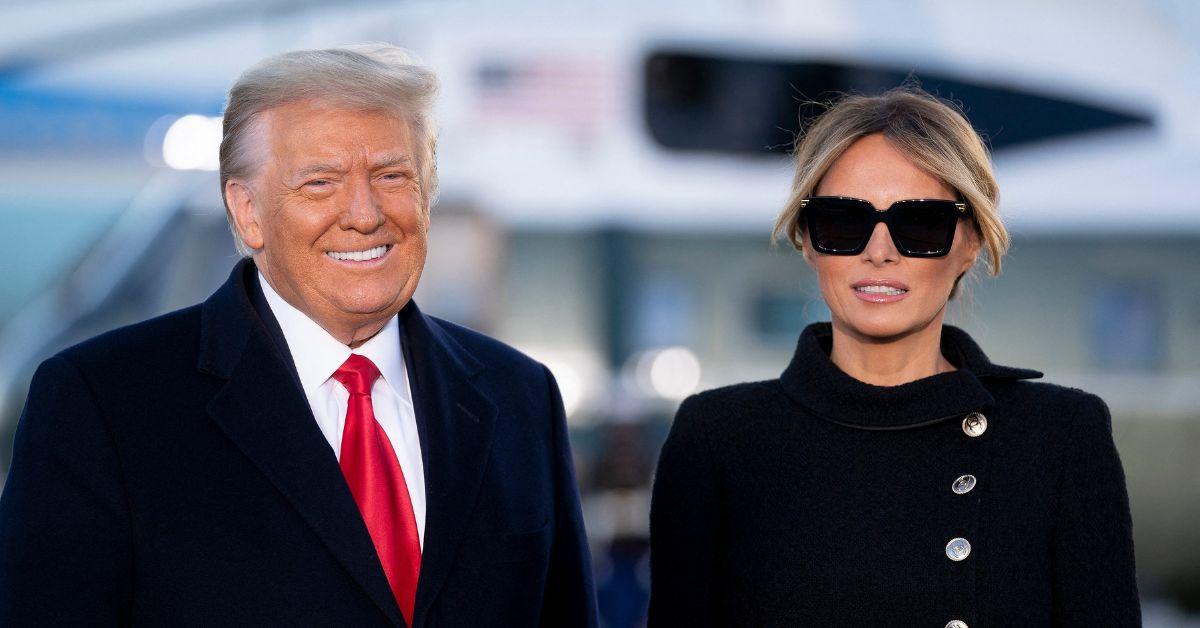
One insider recounted an incident involving an aide to then-First Lady Melania Trump.
According to the insider, Melania’s aide walked into the White House Medical Unit and requested Xanax – only to “storm out” after realizing that the person she asked was not a doctor or pharmacist.
“She just came in and demanded it,” the source told Rolling Stone. “She stormed out.”
Never miss a story — sign up for the RadarOnline.com newsletter to get your daily dose of dope. Daily. Breaking. Celebrity news. All free.
The distribution of medications extended beyond official duties, with reports of senior staffers combining Xanax with alcohol to alleviate stress.
“You try working for him and not chasing pills with alcohol,” one former Trump Administration official told Rolling Stone this past weekend.
While previous administrations had also utilized prescription drugs, the Trump era witnessed a notable escalation in their widespread distribution.

Former White House Press Secretary Stephanie Grisham corroborated the prescription drug claims.
Meanwhile, the handling of controlled substances by the White House Medical Unit under Dr. Ronny Jackson's leadership drew scrutiny.
Jackson, who faced allegations of inappropriate behavior and over-prescription of medications, wielded significant influence over medical practices within the administration.
According to former White House Press Secretary Stephanie Grisham, Dr. Jackson “would come around Air Force One asking Donald Trump’s senior staff if they needed anything.”
“This included Provigil and Ambien, and he would hand them out, typically in the form of packets with two or three pills in them,” she explained. “When this happened on Air Force One, a nurse would be trailing him, writing down who got what.”
The lack of proper record-keeping and oversight within the White House Medical Unit exacerbated concerns about the misuse of prescription drugs within the Trump Administration.

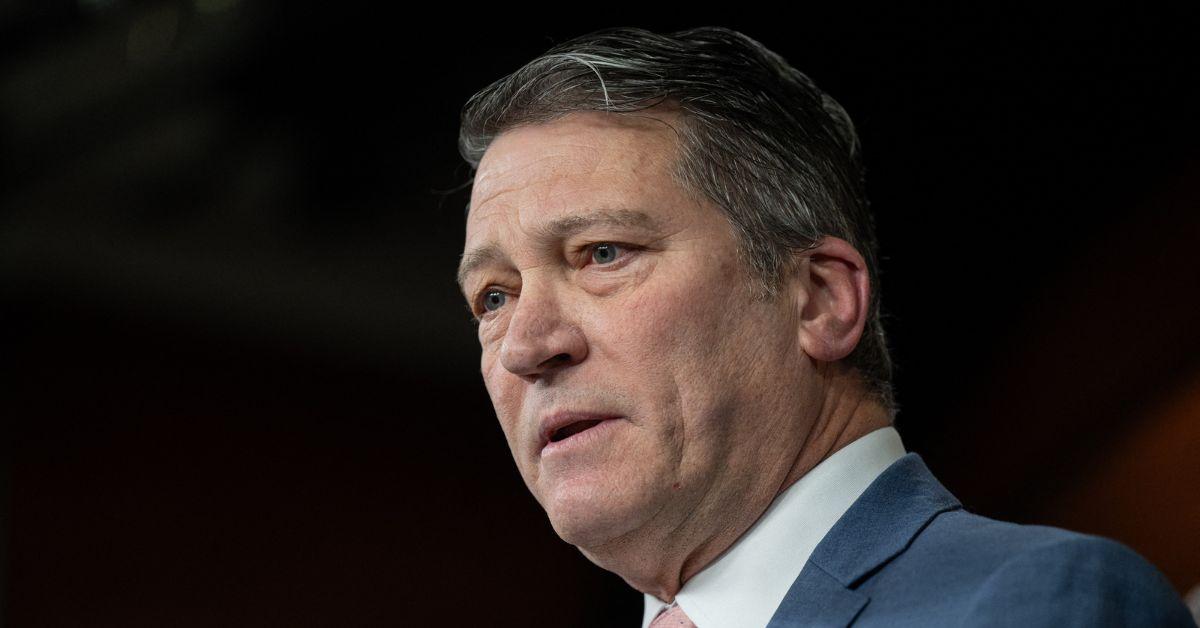
The handling of controlled substances by the White House Medical Unit under Dr. Ronny Jackson's leadership drew scrutiny.
Sloppy practices not only posed risks to individual health but also reportedly hindered efforts to assess the extent of drug use within the administration.
“We tightly track controlled substances like this because they’re addictive or can cause overdoses,” Dr. Beata Lewis, a psychiatrist, explained. “It sounds like with all of these substances, people could get whatever they wanted. That puts people at risk for addiction.”
“The significant thing is these rules apply to everyone … except for the White House,” she continued. “It’s a culture of entitlement and being above the rules to the point of putting people in danger.”
Powered by RedCircle

